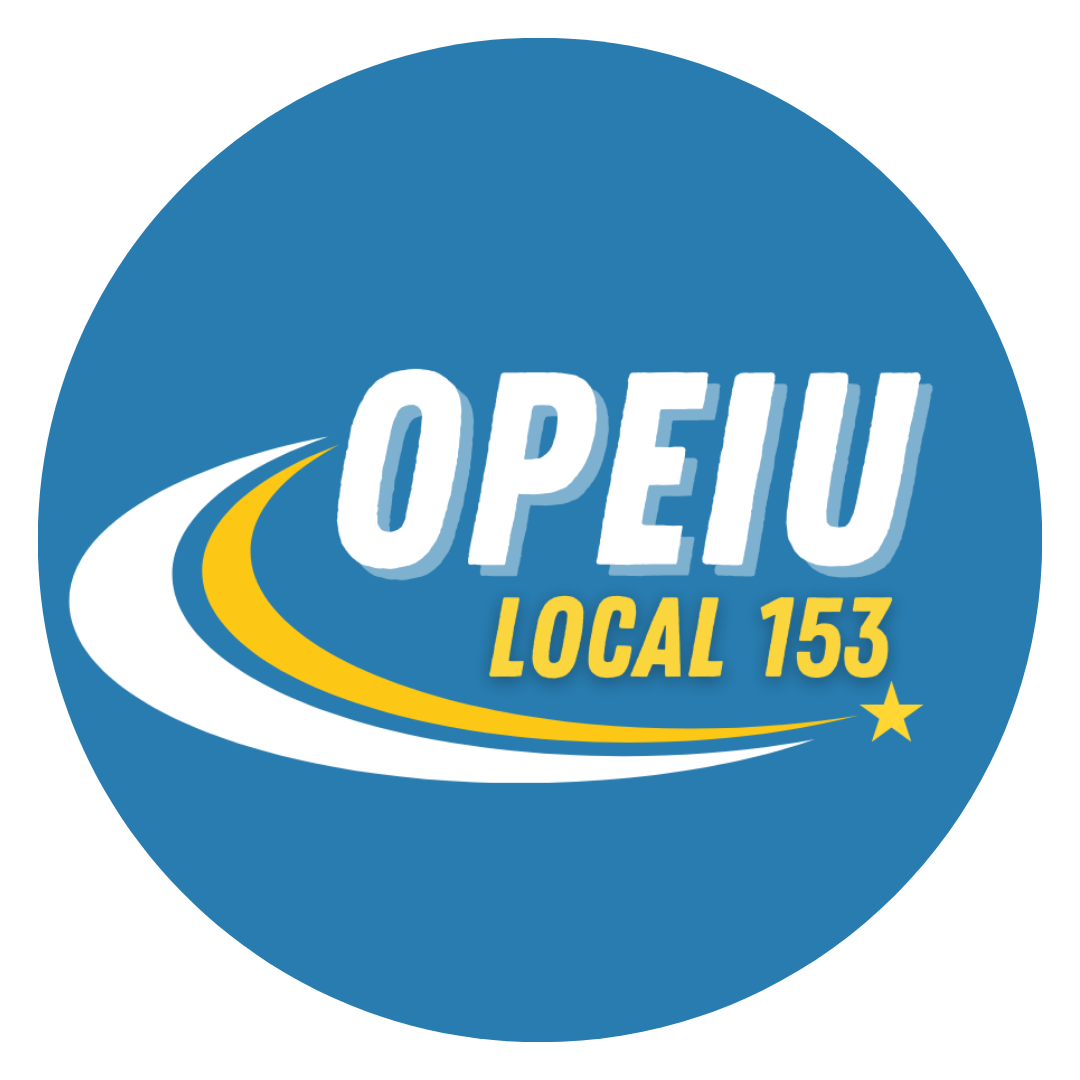
Join us
Learn how to make positive change at your workplace.
We are creating stronger workplaces
Equitable Pay
By working together, staff are able to negotiate higher wages and ensure that all employees are being paid fairly.
Secure Benefits
Collective bargaining agreements lock in the benefits you love—so that they can't be changed without your consent—and allow you to fight for the benefits you deserve.
Work-Life Balance
By bargaining for benefits like paid parental leave and flexible hours, unions encourage work-life balance.
Career Development
Through their unions, staff can craft sensible pathways to promotion and can also secure funding for professional development.
A Voice on the Job
Staff who form unions are given a seat at the table so that their perspectives help drive workplace decisions.
Issues Important to You
Each workplace's priorities are different. Our members have bargained for mechanisms to strengthen diversity and inclusion, subsidized transportation, student debt repayment, and more.

Our Workplace Wins
BioBus
BioBus workers won major salary increases and regular raises, mandatory employer contributions to employees’ retirement accounts, and paid sabbatical in their recently ratified first contract.
City Bar Justice Center
City Bar Justice Center’s first contract features just cause protections against unfair discipline and firing, clear pathways to promotion, and a mental health stipend for all union members.
NYU Tandon
Non-teaching staff at NYU’s Tandon School of Engineering won major new benefits in their most recent contract, including regular wage increases, childcare subsidies, and tuition reimbursement for the dependents of union employees.
Lehigh Valley Hospital–Hazleton
Hospital employees and home health nurses at Lehigh Valley Hospital–Hazleton recently ratified a three-year contract that grants them huge increases to base rates, shift differentials, and tuition reimbursement.
American Jewish World Service
In their first contract, workers at American Jewish World Service won 20 weeks of paid parental leave with an additional 12 weeks of unpaid leave, as well as a strong grievance and arbitration procedure to deal with issues at work.
FAQs
-
A union is a group of workers who come together to bargain over important aspects of their employment like wages, benefits, and other working conditions. Unions allow staff to meet with management on a level playing field in order to make their workplace more fair and transparent. The right for unions to bargain is protected by US law, and employees who are in the process of forming a union are too.
-
Through a union, employees have far more power to make a difference than they would alone. Union members have seen vast improvements in a number of workplace issues including wages, health care, retirement benefits, parental leave, hours of work, health and safety, job security, and more. Unions can also have a positive impact on the workplace by raising morale, lowering turnover, and improving efficiency by putting sensible, transparent policies in place.
-
If a large majority of co-workers show support by signing cards (or a petition), a request can be made to the National Labor Relations Board to conduct a secret ballot election. The election will officially determine whether or not a majority (50% plus one of those who vote) wants to have a union. Once the election is won, the law requires your employer to recognize your union and negotiate in good faith.
-
Bargaining unit members will work together with management to create a contract, or a collective bargaining agreement, that makes sense for their workplace. Alongside wages and benefits, our members have codified policies around diversity and inclusion, staff well-being, and professional development opportunities.
-
You do—unions consist solely of the eligible employees in your workplace. Once you’ve formed a union, bargaining unit members will elect employees who will work with management to resolve issues, propose workplace changes, and collaborate on other workplace issues. Unions are truly democracy at work.
-
The National Labor Relations Act (NLRA) gives employees the legal right to form a union and protects them from retaliation. You also have the right to talk about the union at work when other non-work related talk is allowed or during non-work times such as breaks, meal times, or before or after work. It is against the law for your employer to ask you about your union activity or to threaten, harass, fire, discipline or discriminate against you because of union activity. When workers organize with OPEIU they can depend on support and back up if needed.
-
Most employers, even good ones, feel threatened when they find out employees want to share some power. Most will try to convince you not to form a union by using a variety of tactics designed to create doubt. However, we know that workplaces are actually stronger and more effective with a union. When staff are given respect at work, a living wage, and clear pathways to career advancement, they’re able to focus their energy on their work and are less likely to leave for other opportunities.
-
The members at each OPEIU Local Union or Guild decide on a dues rate for their organization. New members don’t pay any dues until your contract is voted on and approved by you. That way you can see the results first before paying any dues. Newly organized members also never pay any initiation fees, which also vary in amount by Local.
-
OPEIU is a nonprofit organization that operates almost solely from member dues. Dues are used to: Negotiate strong contracts; defend members and enforce contract rights; organize new members to improve bargaining strength in existing workplaces and to improve standards in a particular industry; train and support union activists; push for laws to protect and expand workers’ rights on the job; keep members informed through newsletters, union publications, and the website; and provide educational opportunities for union members.
-
Many people think that strikes happen frequently when you are in a union, and there are misconceptions about how strikes get started in the first place. In reality, strikes are rare. OPEIU settles over 99% of its contracts without ever going on strike. Plus, there could only be a strike where you work if the vast majority of you and your colleagues voted to do so.







